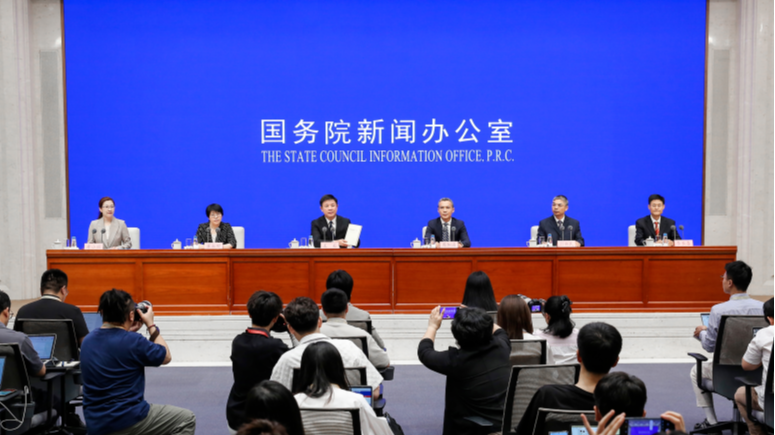In a significant move to address the growing concern over digital sex crimes, a parliamentary committee in South Korea has approved a bill imposing stringent penalties for the possession or viewing of deepfake sexual content. According to Yonhap news agency, the revised law aims to crack down on the misuse of artificial intelligence in creating and distributing explicit materials without consent.
The bill comes in the wake of public outcry following the discovery of Telegram chat rooms where AI-generated deepfake pornography featuring female students and staff was circulated. These revelations have highlighted the urgent need for legal frameworks to protect individuals from emerging forms of digital exploitation.
Under the new legislation, individuals found guilty of possessing, purchasing, storing, or viewing deepfake sexual content could face prison sentences of up to three years or fines reaching 30 million won (approximately $22,500). To ensure fairness, lawmakers have included a provision exempting those who “unknowingly” come into contact with such materials from penalties.
In addition to targeting deepfake content, the committee has advanced revisions to the act protecting children from sexual crimes. The proposed changes introduce harsher punishments for offenders who use exploitative material to blackmail or coerce minors. Sentences for blackmail involving minors will increase to a minimum of three years, while coercion could result in imprisonment of five years or more.
The revisions also address enhancements to the sexual violence prevention act, outlining the government’s responsibility to remove illegally recorded content promptly and to assist victims in reintegrating into society. These measures signify a comprehensive approach to tackling various forms of sexual exploitation facilitated by technology.
The intensification of efforts to combat sexual deepfakes coincides with international scrutiny over encrypted messaging platforms. Notably, Pavel Durov, the founder of Telegram, is currently under formal investigation in France as authorities examine potential organized crime activities associated with the messaging service.
South Korea’s proactive stance reflects a broader regional and global concern about the misuse of technology to perpetrate sexual crimes. By strengthening legislation and imposing stricter penalties, the government aims to deter offenders and provide better protection for victims in the digital age.
Reference(s):
South Korea approves bill targeting deepfake sexual exploitation
cgtn.com








